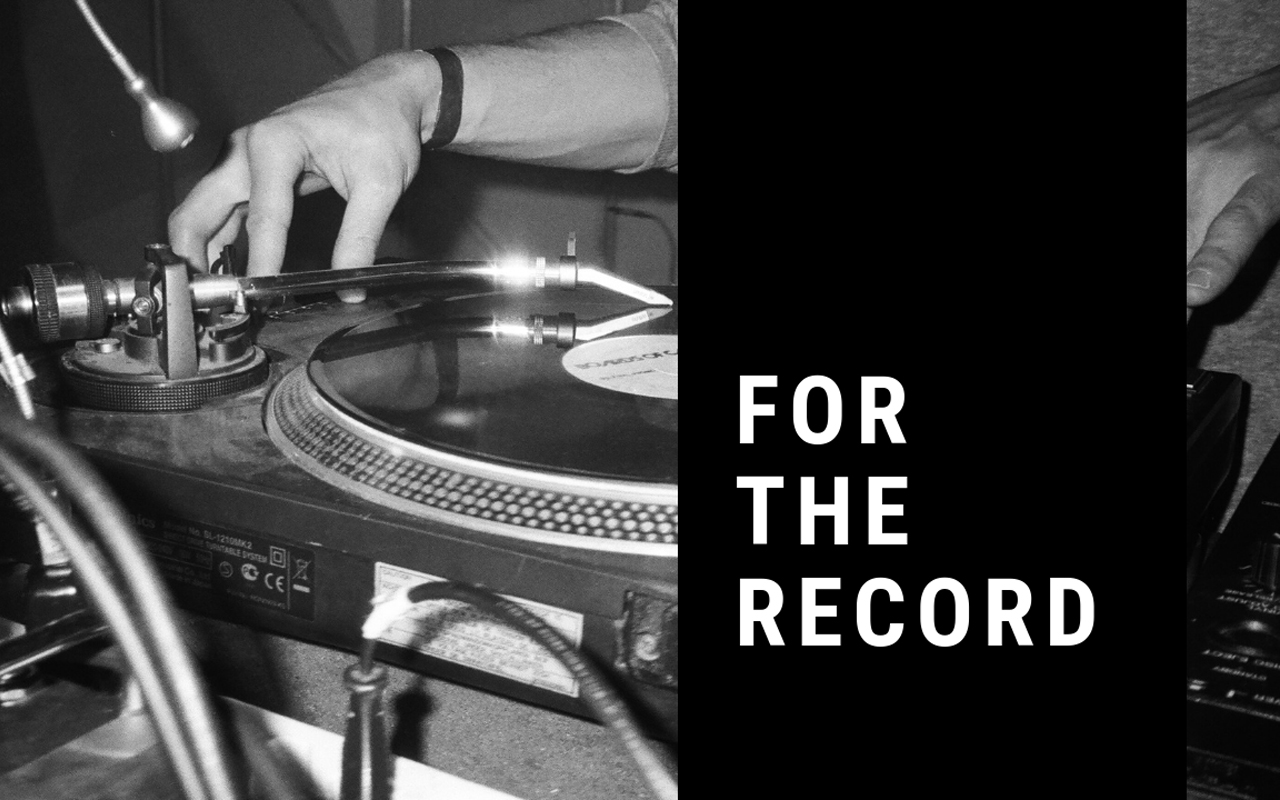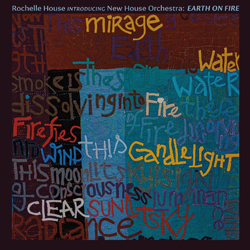
Rochelle House
Earth on Fire
House Records

Supported by a cast of Seattle greats, jazz singer Rochelle House furthers her nonviolent vision of collaboration and cooperation with her fourth release, Earth on Fire. Founder of the Neighbor Children’s Choir, a free, all-inclusive youth ensemble, House made a splash locally with her first two albums, Dreams of Love and Water, both receiving nominations for Golden Ear awards. The combination of coffeehouse eclecticism and bright-eyed songwriting continued through her third release, 2014’s Songs from a Bookmark.
Around this time, House’s backing band, the New House Orchestra, got its start. A group of open-minded Seattle musicians willing to step across boundaries of genre, the band includes psych-rock guitarist Andy Coe, prolific bassist Evan Flory-Barnes, and dedicated drummer D’Vonne Lewis, and has since expanded to include Christianne Karefa-Johnson, aka DoNormaal, Senegalese percussionist Thione Diop, and others. Their musical perspectives, representative of the various scenes thriving throughout the city, come together for an all-too-rare synthesis that makes Earth on Fire worth any audience’s listen.
House fearlessly collaborates with younger members of the hip-hop and alternative scenes: Karefa-Johnson grafts her songwriting skills and an unflappable chorus onto the low tempo opener “Application,” while local songwriter Rave Holly lends the gravitas of his hushed bass to a cover of Kurt Cobain’s “Something in the Way.” House’s own delivery of the verse, “underneath the bridge/the tarp has sprung a leak” eerily summons up Seattle’s ongoing homelessness crisis, an escalating state of affairs matched by layers of scorching saxophone, courtesy of Kate Olson and Diop on tama.
The steady, quiet power of House’s songwriting provides a flexible frame for Flory-Barnes, Lewis, and Coe to match their mellifluous sensibilities. Trumpeter Thomas Marriott joins the rhythm section’s soulful strut for a punchy solo that contrasts Coe’s twangy backgrounds. Calling to mind singers such as Mavis Staples. House calls attention to the collective (as on the politically charged “We the People”) and the individual (on the romantic closer, “Let This Be the One”).
The group’s spare arrangements pop on the latter, settling surprisingly from a brush-backed country swing to a rocksteady reggae. It’s here, too, that House’s optimism takes on its own challenge, as she confesses her helplessness in romance, yet finding an empowerment in the admission itself. “But if it’s not [the one],” she replies in the chorus, building up dignity not with an ask, but a demand, “send something better.”
–Ian Gwin